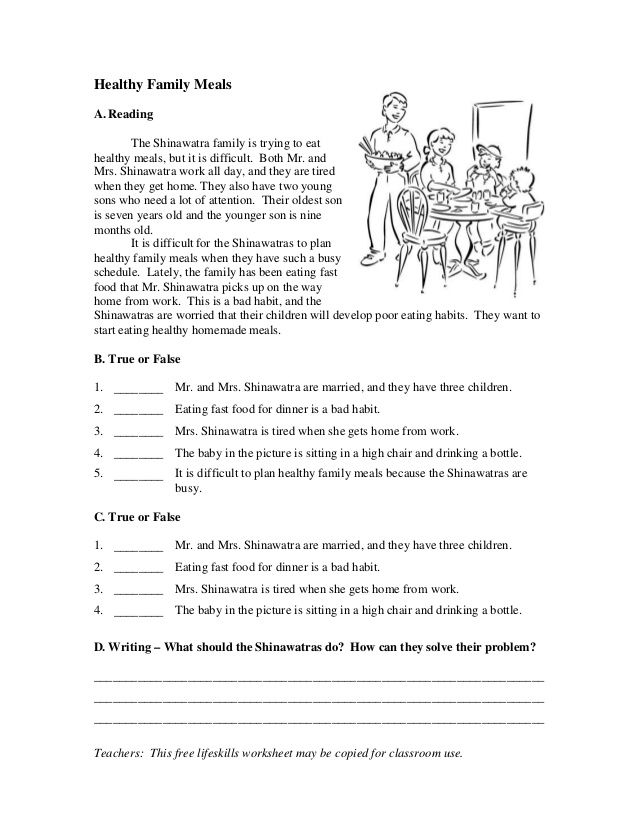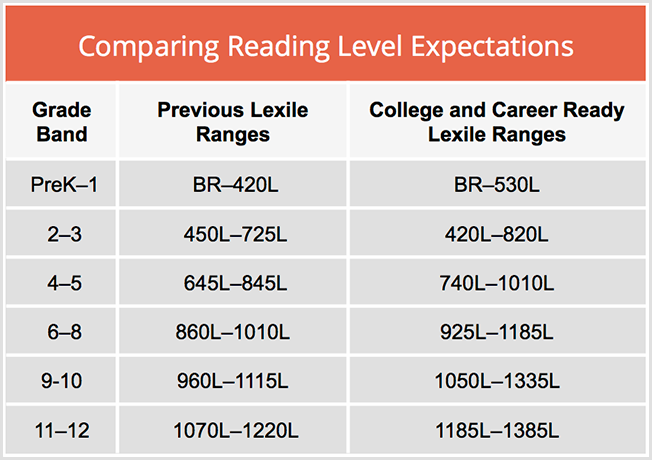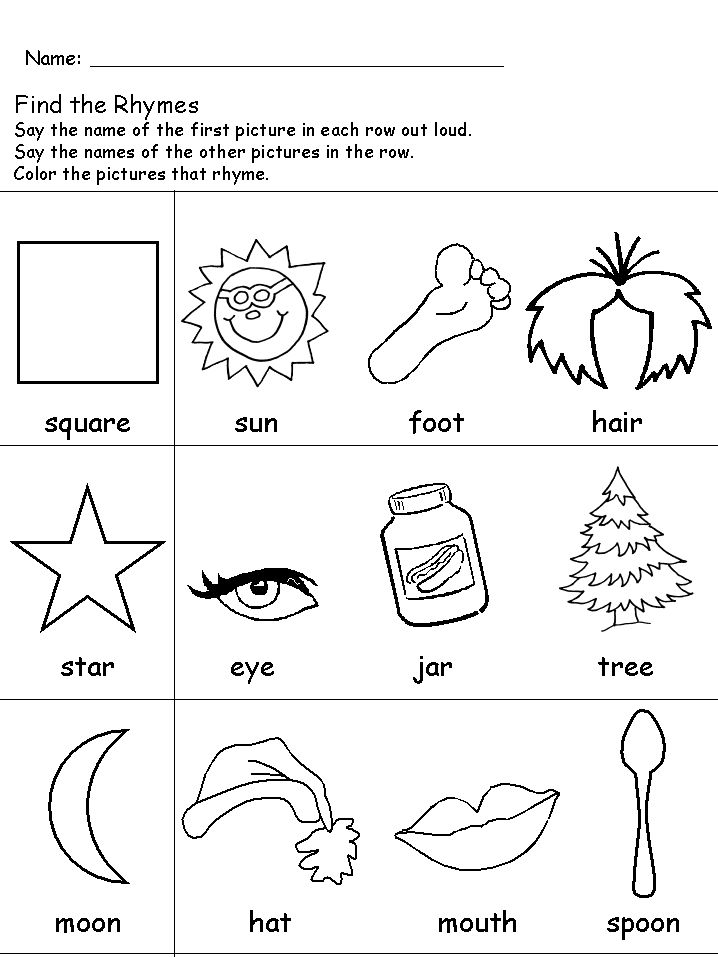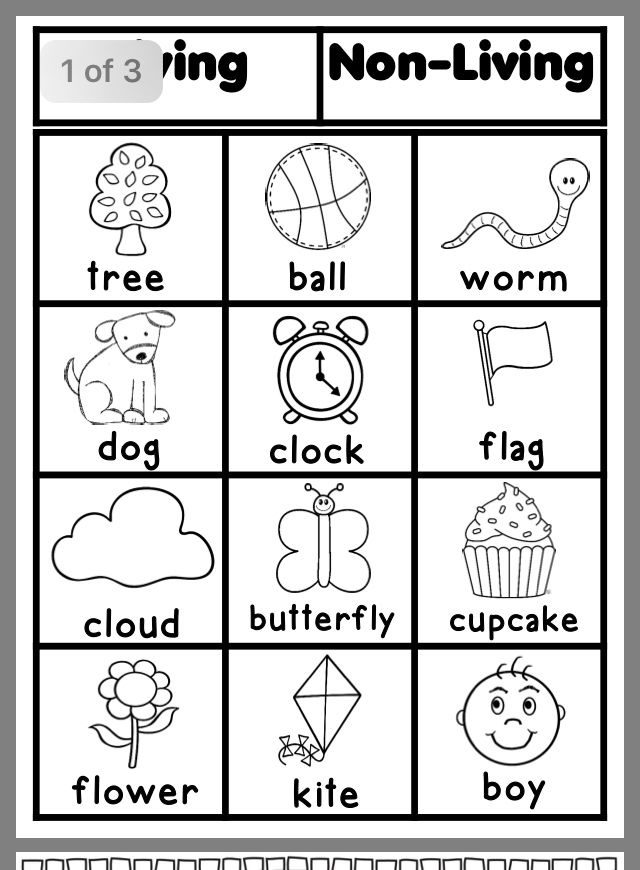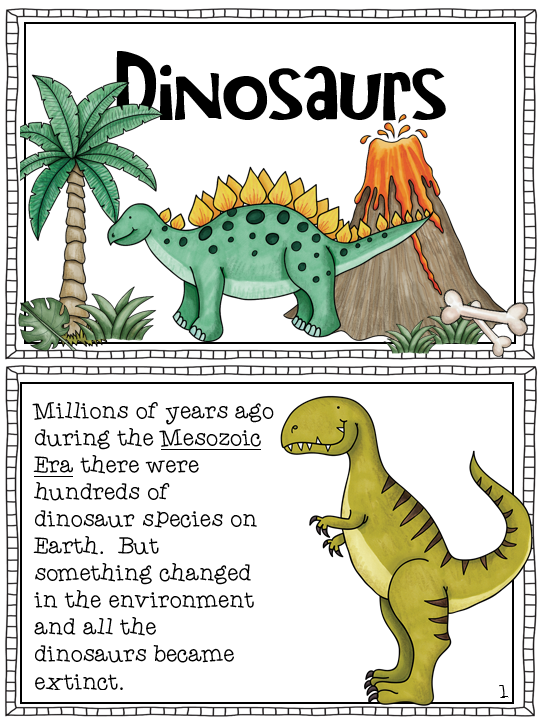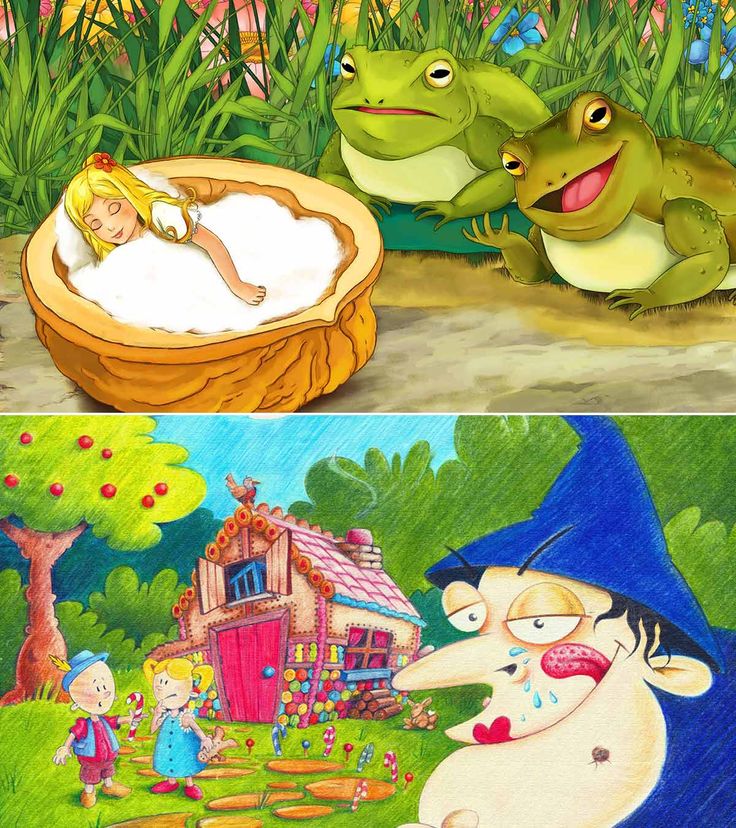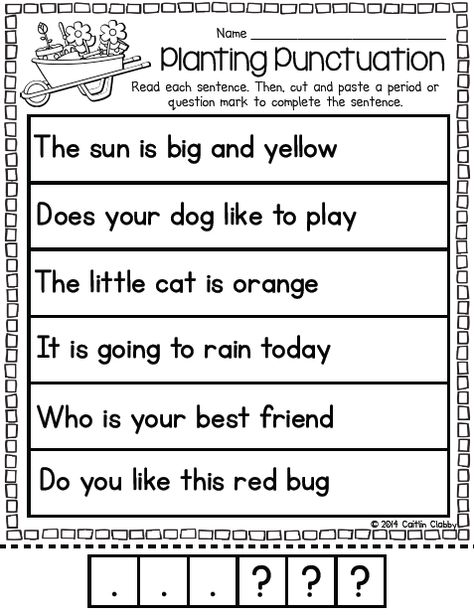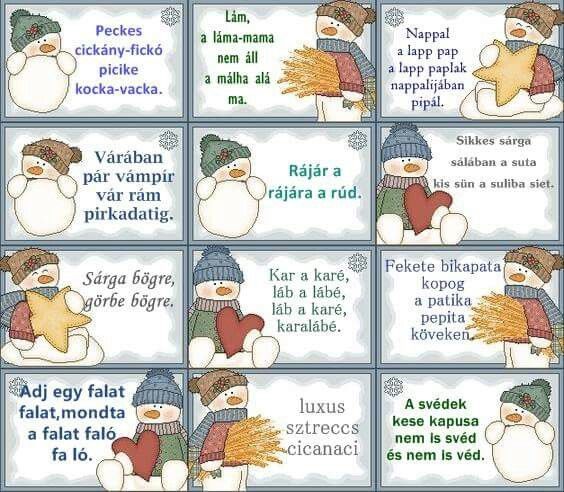How can parents help with reading comprehension
How Parents Can Help With Reading Comprehension At Home
Developing strong reading comprehension skills is crucial to your child’s future success. But many children struggle to master these important skills in the classroom. The good news is that there are plenty of ways for parents to help their children improve reading skills outside of the classroom. Here’s how parents can help with reading comprehension at home:
Start A Family Book Club
Ask everyone in the family to participate in an at-home book club. Every week, choose a new book for your family to read. Then, schedule a family meeting and ask everyone to share their thoughts on the book.
Talking about the book is a great way to determine if your child understood the text. If your child cannot explain what happened in the book or remember certain events,
go back through the book together as a family. Take turns reading it aloud and help your child make sense of the content they did not understand the first time around.
Use Online Reading Comprehension Worksheets
There are a number of websites that allow parents to print reading comprehension worksheets for free. Each worksheet will include a short passage followed by questions about the passage.
Ask your child to complete these worksheets so they can practice their reading comprehension skills at home. The more they practice, the more they will improve their reading comprehension skills.
Create Graphic Organizers
If your child is a visual learner, creating a graphic organizer is a great way to improve their reading comprehension skills.
There are several ways to use graphic organizers to improve your child’s reading comprehension skills. For example, create Venn diagrams to compare and contrast characters in a story. Or create a storyboard that shows the sequence of events that took place in the story.
You can also create a flowchart that illustrates the cause-effect relationship between main events of a story.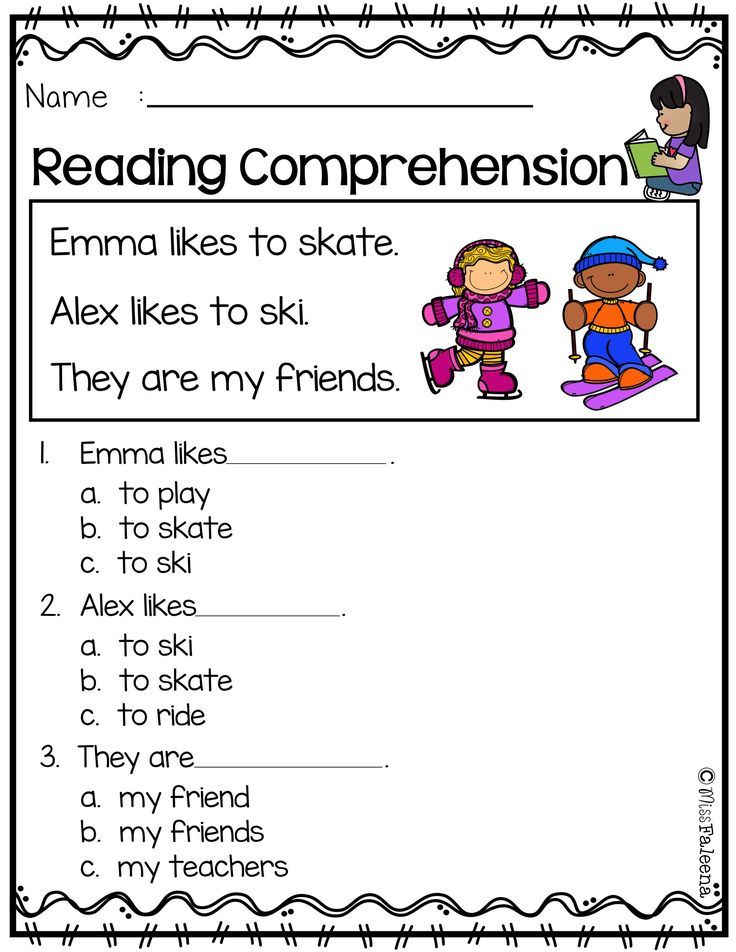
Creating these graphic organizers can help your child understand the relationship between characters and events, the chronological order of events, and other concepts.
Play Audio Books
Some children are auditory learners, so they may benefit from listening to audio books. Instruct your child to follow along with the narrator while you play an audio book. Auditory learners may be able to extract more meaning from the text by listening and following along as opposed to reading independently.
Encourage All Types of Reading
Practice is the key to improving reading comprehension, so encourage your children to practice as much as possible. Don’t limit your children to books, either. Encourage them to read anything they may find interesting, which may include comic books, newspapers, and magazines.
Remember, all reading is beneficial, so there’s no reason to deny your child the pleasure of reading these alternative materials.
Focus On Your Child’s Favorite Topics
Studies show that reading multiple books on the same topic can actually help your child improve their reading comprehension skills more than reading multiple books on various topics.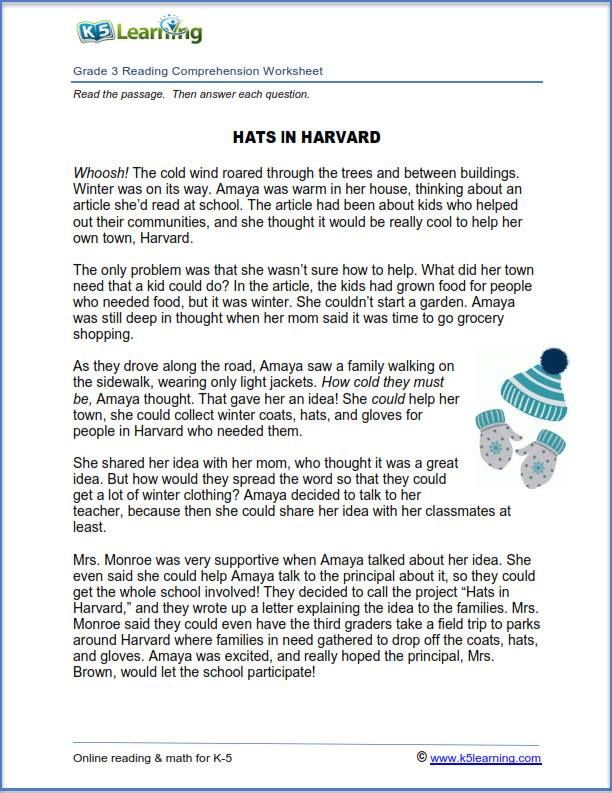
Use this research to your advantage by finding books related to your child’s favorite topics. Does your child love baseball? If so, check out a handful of different baseball-themed books from the local library. Is your child interested in the solar system? Find five or six books on the planets.
Discuss the books with your child once you’re done reading. Ask your child to compare and contrast the books to check their comprehension and keep them engaged.
Compare Books and Movies
Many children’s books have been adapted into movies. Choose one of these books and read it with your child. Then, watch the movie version of the book together. After the movie is over, discuss the similarities and differences between the movie and the book. Ask your child which version they preferred and why.
Having this conversation is a great way to deepen your child’s understanding of the book and check their comprehension.
Download the Readability App
Let your child work on their reading comprehension skills anytime, anywhere with the Readability app, which is available for Apple and Android devices.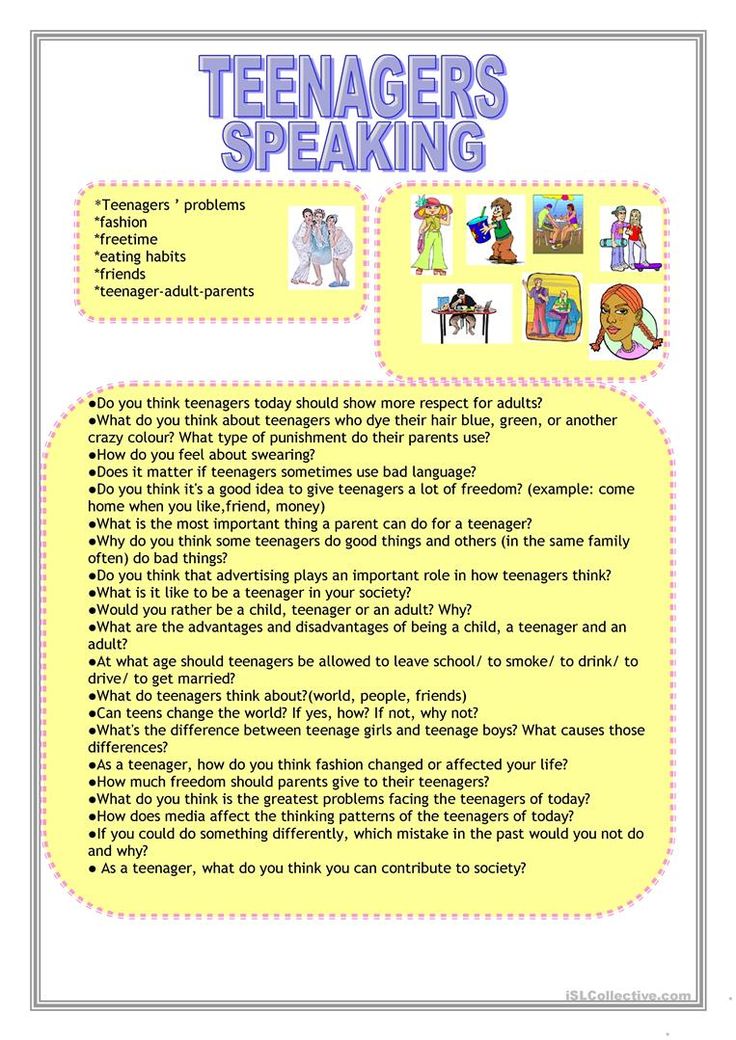
Readability’s Interactive Voice-Based Questions & Answers (IVQA) feature allows your child to communicate with the app just like they would with a reading tutor. The app will ask your child questions about the text and listen to their answers to keep them engaged and improve their reading comprehension skills.
You can even keep a close eye on your child’s progress using the parent dashboard, which will track your child’s pronunciation accuracy, comprehension, and time spent reading. Use the dashboard to watch as your child drastically improves their reading comprehension skills over time using this innovative app.
Download the app on your smartphone or tablet to start your free 7-day trial today.
11 Ways Parents Can Help Their Children Read
Parents often ask how they can help their children learn to read; and it’s no wonder that they’re interested in this essential skill. Reading plays an important role in later school success. One study even demonstrates that how well 7-year-olds read predicts their income 35 years later!
One study even demonstrates that how well 7-year-olds read predicts their income 35 years later!
Here are 11 practical recommendations for helping preschoolers and school-age students learn to read.
1. Teaching reading will only help.
Sometimes, parents are told early teaching is harmful, but it isn’t true. You simply can’t introduce literacy too early. I started reading to my own children on the days they were each born! The “dangers of early teaching” has been a topic of study for more than 100 years, and no one has ever found any convincing evidence of harm. Moreover, there are hundreds of studies showing the benefits of reading to your children when they are young.
2. Teaching literacy isn’t different than teaching other skills.
You don’t need a Ph.D. to raise a happy, healthy, smart child. Parents have been doing it for thousands of years. Mothers and fathers successfully teach their kids to eat with a spoon, use a potty, keep their fingers out of their noses, and say “please.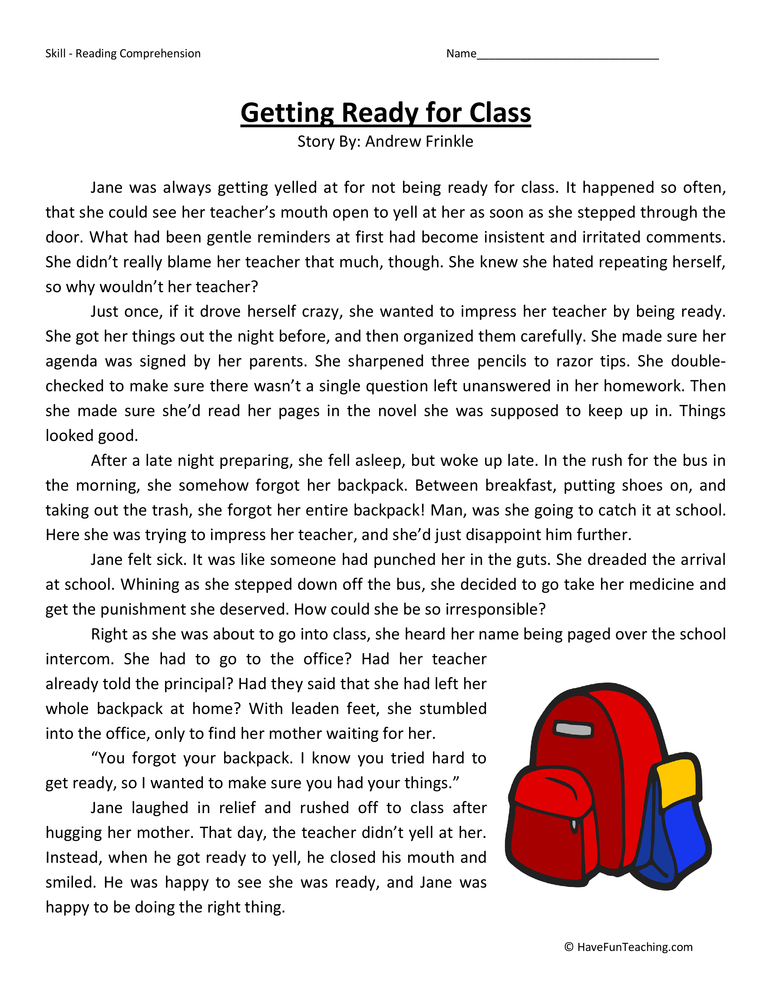 ” These things can be taught pleasantly, or they can be made into a painful chore. Being unpleasant (e.g. yelling, punishing, pressuring) doesn’t work, and it can be frustrating for everyone. This notion applies to teaching literacy, too. If you show your 18-month-old a book and she shows no interest, then put it away and come back to it later. If your child tries to write her name and ends up with a backwards “D,” no problem. No pressure. No hassle. You should enjoy the journey, and so should your child.
” These things can be taught pleasantly, or they can be made into a painful chore. Being unpleasant (e.g. yelling, punishing, pressuring) doesn’t work, and it can be frustrating for everyone. This notion applies to teaching literacy, too. If you show your 18-month-old a book and she shows no interest, then put it away and come back to it later. If your child tries to write her name and ends up with a backwards “D,” no problem. No pressure. No hassle. You should enjoy the journey, and so should your child.
3. Talk to your kids (a lot).
Last year, I spent lots of time with our brand new granddaughter, Emily. I drowned her in language. Although “just a baby,” I talked — and sang — to her about everything. I talked about her eyes, nose, ears, mouth, and fingers. I told her all about her family — her mom, dad, and older brother. I talked to her about whatever she did (yawning, sleeping, eating, burping). I talked to her so much that her parents thought I was nuts; she couldn’t possibly understand me yet.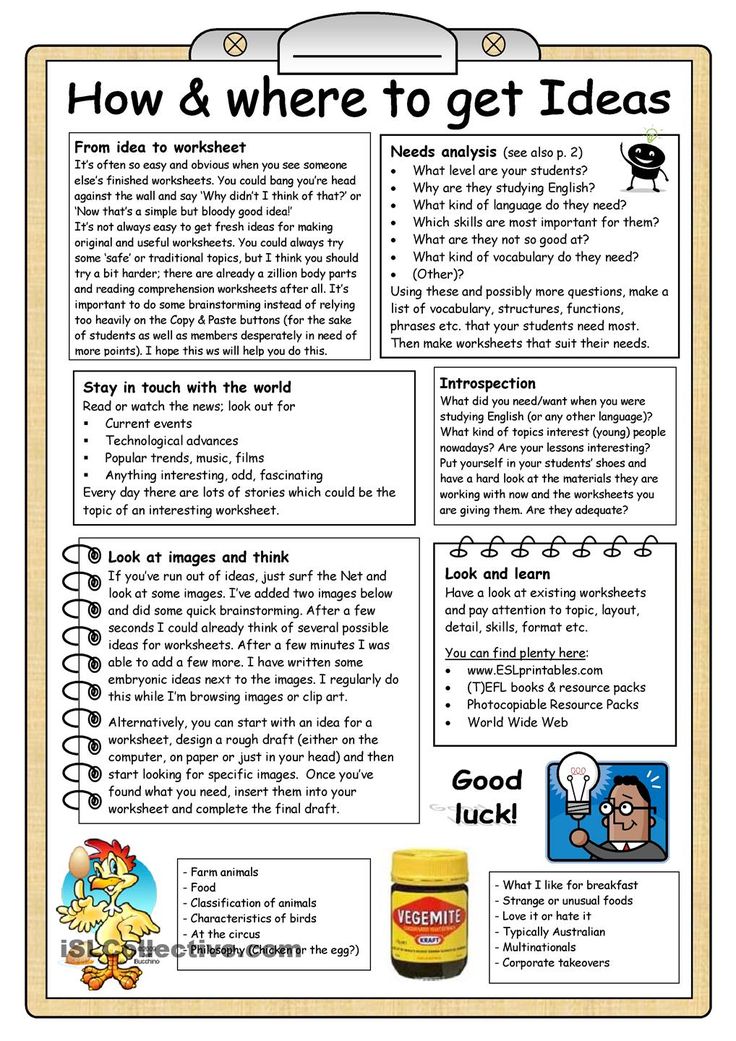 But reading is a language activity, and if you want to learn language, you’d better hear it, and eventually, speak it. Too many moms and dads feel a bit dopey talking to a baby or young child, but studies have shown that exposing your child to a variety of words helps in her development of literacy skills.
But reading is a language activity, and if you want to learn language, you’d better hear it, and eventually, speak it. Too many moms and dads feel a bit dopey talking to a baby or young child, but studies have shown that exposing your child to a variety of words helps in her development of literacy skills.
4. Read to your kids.
I know everyone says this, but it really is a good idea — at least with preschoolers. One of my colleagues refers to this advice as the “chicken soup” of reading education. We prescribe it for everything. (Does it help? It couldn’t hurt.) If a parent or caregiver can’t read or can’t read English, there are alternatives, such as using audiobooks; but for those who can, reading a book or story to a child is a great, easy way to advance literacy skills. Research shows benefits for kids as young as 9-months-old, and it could be effective even earlier than that. Reading to kids exposes them to richer vocabulary than they usually hear from the adults who speak to them, and can have positive impacts on their language, intelligence, and later literacy achievement. What should you read to them? There are so many wonderful children’s books. Visit your local library, and you can get an armful of adventure. You can find recommendations from kids at the Children’s Book Council website or at the International Literacy Association Children's Choices site. [Reading Rockets also provides guidance and lots of themed booklists in our Children's Books & Authors section.]
What should you read to them? There are so many wonderful children’s books. Visit your local library, and you can get an armful of adventure. You can find recommendations from kids at the Children’s Book Council website or at the International Literacy Association Children's Choices site. [Reading Rockets also provides guidance and lots of themed booklists in our Children's Books & Authors section.]
5. Have them tell you a “story.”
One great way to introduce kids to literacy is to take their dictation. Have them recount an experience or make up a story. We’re not talking “Moby Dick” here. A typical first story may be something like, “I like fish. I like my sister. I like grandpa.” Write it as it is being told, and then read it aloud. Point at the words when you read them, or point at them when your child is trying to read the story. Over time, with lots of rereading, don’t be surprised if your child starts to recognize words such as “I” or “like.” (As children learn some of the words, you can write them on cards and keep them in a “word bank” for your child, using them to review later.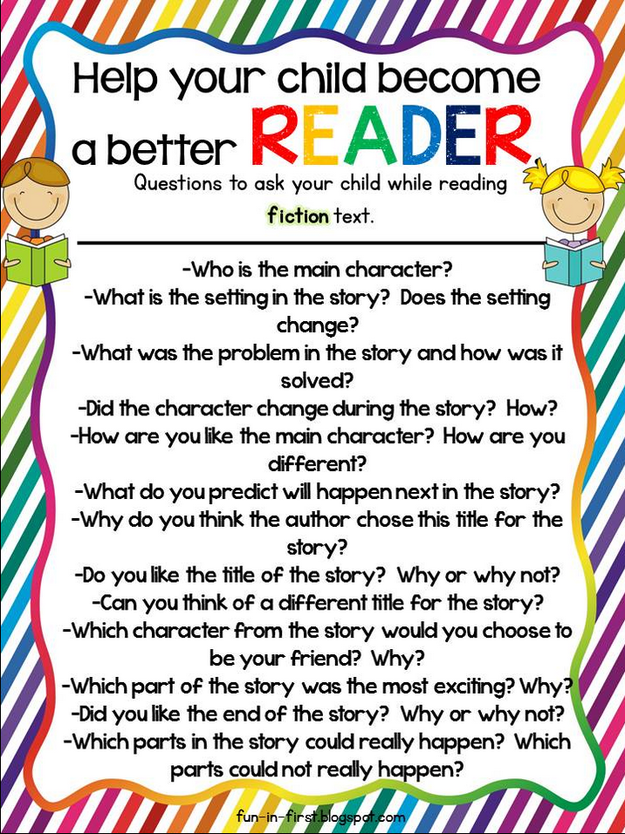 )
)
6. Teach phonemic awareness.
Young children don’t hear the sounds within words. Thus, they hear “dog,” but not the “duh”-“aw”- “guh.” To become readers, they have to learn to hear these sounds (or phonemes). Play language games with your child. For instance, say a word, perhaps her name, and then change it by one phoneme: Jen-Pen, Jen-Hen, Jen-Men. Or, just break a word apart: chair… ch-ch-ch-air. Follow this link to learn more about language development milestones in children.
7. Teach phonics (letter names and their sounds).
You can’t sound out words or write them without knowing the letter sounds. Most kindergartens teach the letters, and parents can teach them, too. I just checked a toy store website and found 282 products based on letter names and another 88 on letter sounds, including ABC books, charts, cards, blocks, magnet letters, floor mats, puzzles, lampshades, bed sheets, and programs for tablets and computers. You don’t need all of that (a pencil and paper are sufficient), but there is lots of support out there for parents to help kids learn these skills. Keep the lessons brief and fun, no more than 5–10 minutes for young’uns. Understanding the different developmental stages of reading and writing skills will help to guide your lessons and expectations.
Keep the lessons brief and fun, no more than 5–10 minutes for young’uns. Understanding the different developmental stages of reading and writing skills will help to guide your lessons and expectations.
8. Listen to your child read.
When your child starts bringing books home from school, have her read to you. If it doesn’t sound good (mistakes, choppy reading), have her read it again. Or read it to her, and then have her try to read it herself. Studies show that this kind of repeated oral reading makes students better readers, even when it is done at home.
9. Promote writing.
Literacy involves reading and writing. Having books and magazines available for your child is a good idea, but it’s also helpful to have pencils, crayons, markers, and paper. Encourage your child to write. One way to do this is to write notes or short letters to her. It won’t be long before she is trying to write back to you.
10. Ask questions.
When your child reads, get her to retell the story or information.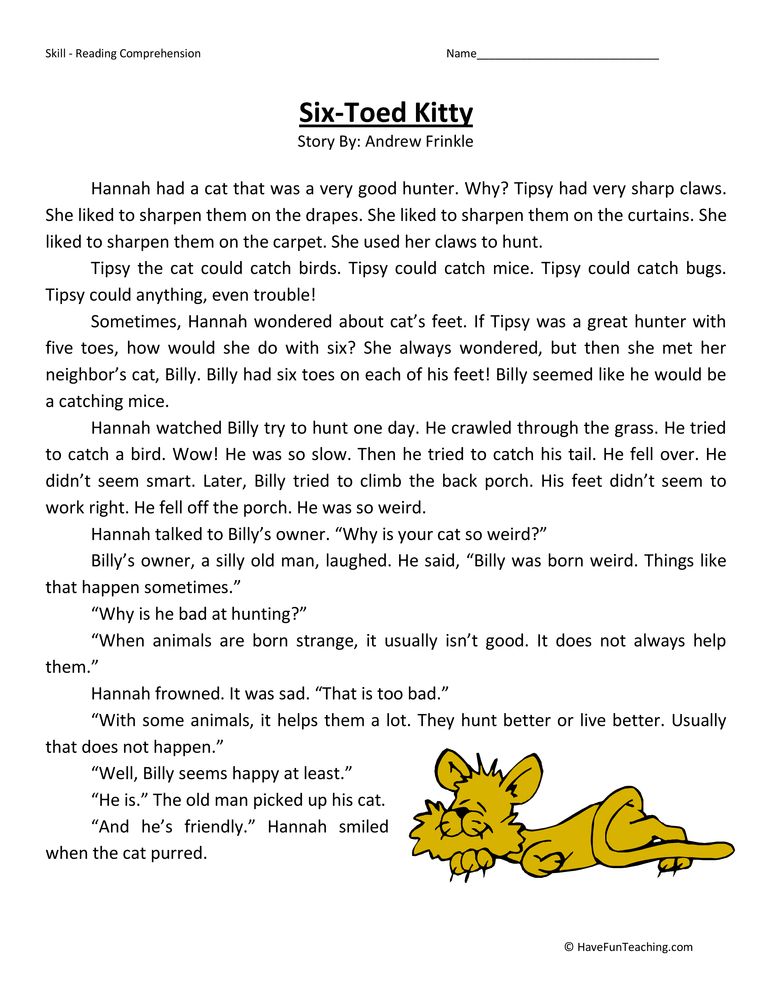 If it’s a story, ask who it was about and what happened. If it’s an informational text, have your child explain what it was about and how it worked, or what its parts were. Reading involves not just sounding out words, but thinking about and remembering ideas and events. Improving reading comprehension skills early will prepare her for subsequent success in more difficult texts.
If it’s a story, ask who it was about and what happened. If it’s an informational text, have your child explain what it was about and how it worked, or what its parts were. Reading involves not just sounding out words, but thinking about and remembering ideas and events. Improving reading comprehension skills early will prepare her for subsequent success in more difficult texts.
11. Make reading a regular activity in your home.
Make reading a part of your daily life, and kids will learn to love it. When I was nine years old, my mom made me stay in for a half-hour after lunch to read. She took me to the library to get books to kick off this new part of my life. It made me a lifelong reader. Set aside some time when everyone turns off the TV and the web and does nothing but read. Make it fun, too. When my children finished reading a book that had been made into a film, we’d make popcorn and watch the movie together. The point is to make reading a regular enjoyable part of your family routine.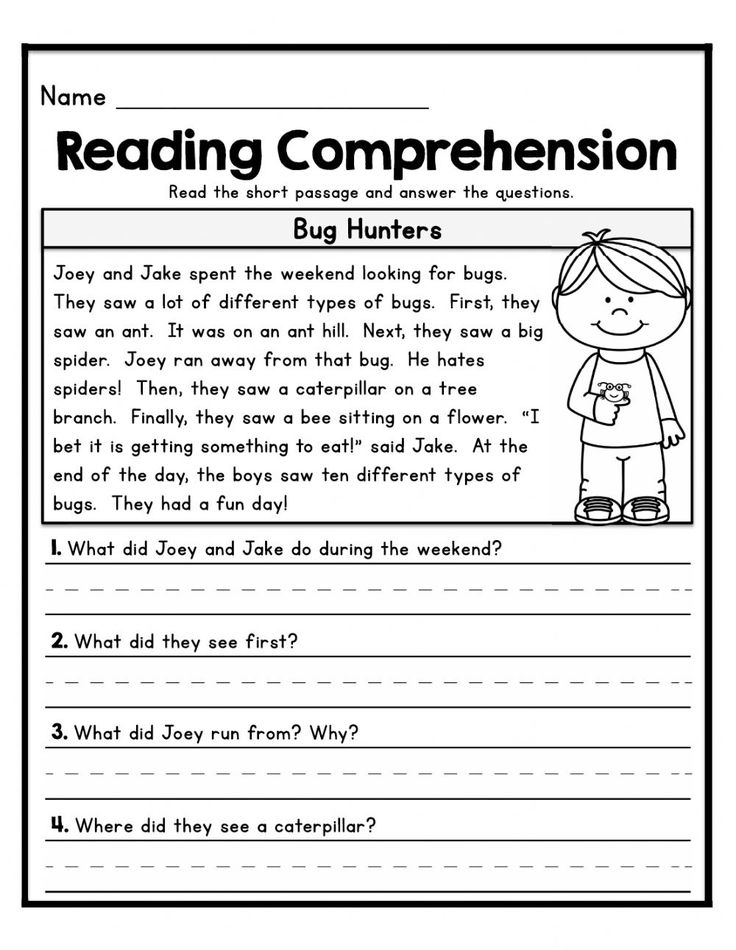
Happy reading!
Sources:
Ritchie, S.J., & Bates, T.C. (2013). Enduring links from childhood mathematics and reading achievement to adult socioeconomic status. Psychological Science, 24, 1301-1308.
Karass J., & Braungart-Rieker J. (2005). Effects of shared parent-infant reading on early language acquisition. Journal of Applied Developmental Psychology, 26, 133-148.
How to teach a child to understand what they read
4784
“Your child reads quickly, but does not understand and cannot retell what exactly he has read” - such phrases are not uncommon at elementary school meetings. Parents are surprised: “The child is reading, how can he not understand what he read?”
Reading is not just a mechanical transformation of letters into words, but also a way of receiving and processing information, its further retelling.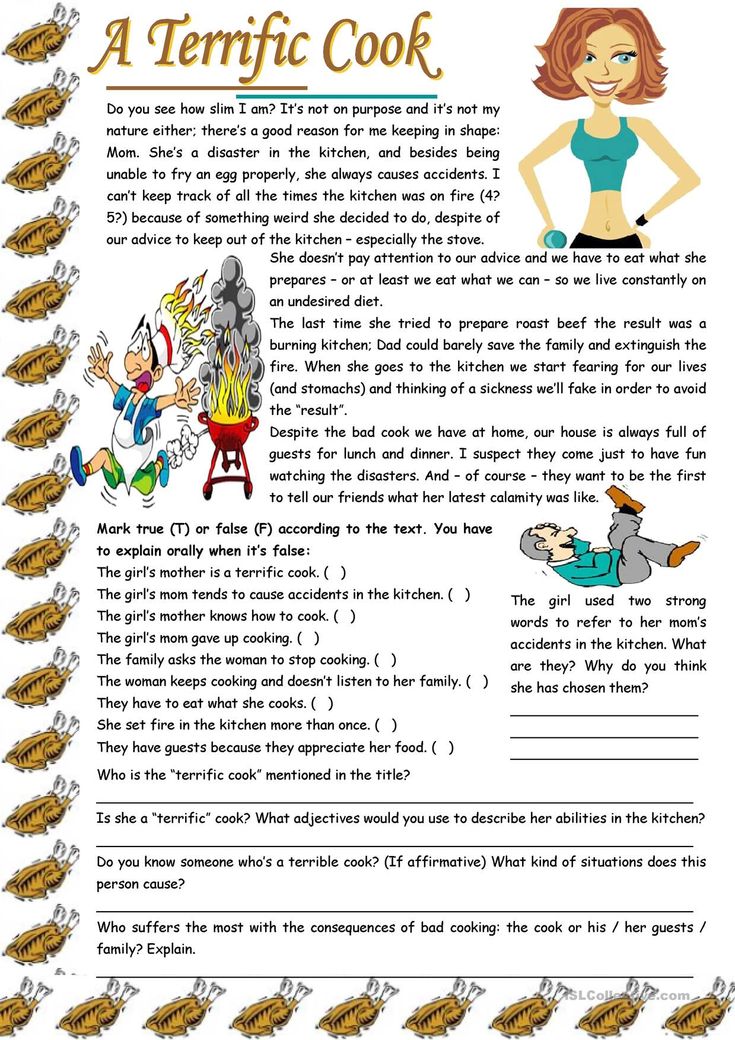 nine0004
nine0004
It is important to recognize as early as possible that the child does not understand what they read, while the volume of texts and tasks is not large. This is easy to do by asking questions about the text, for example, about a read fairy tale. Without answers to questions, the child himself may not pay attention to the fact that he does not understand the meaning of what he has read.
1. Load and fatigue. Modern schoolchildren live in a world of colossal workloads, a high pace of learning. Often, a child reads a phrase and distorts its meaning, because he wants to complete the task as quickly as possible in order to move on to the next one. The child tries to meet the expectations of an adult, he experiences tremendous stress, which leads to chronic fatigue and poor academic performance
2. Automatic reading - the child chatters the text without delving into its meaning. Unfortunately, very often adults primarily pay attention to the speed of reading, and not to its quality.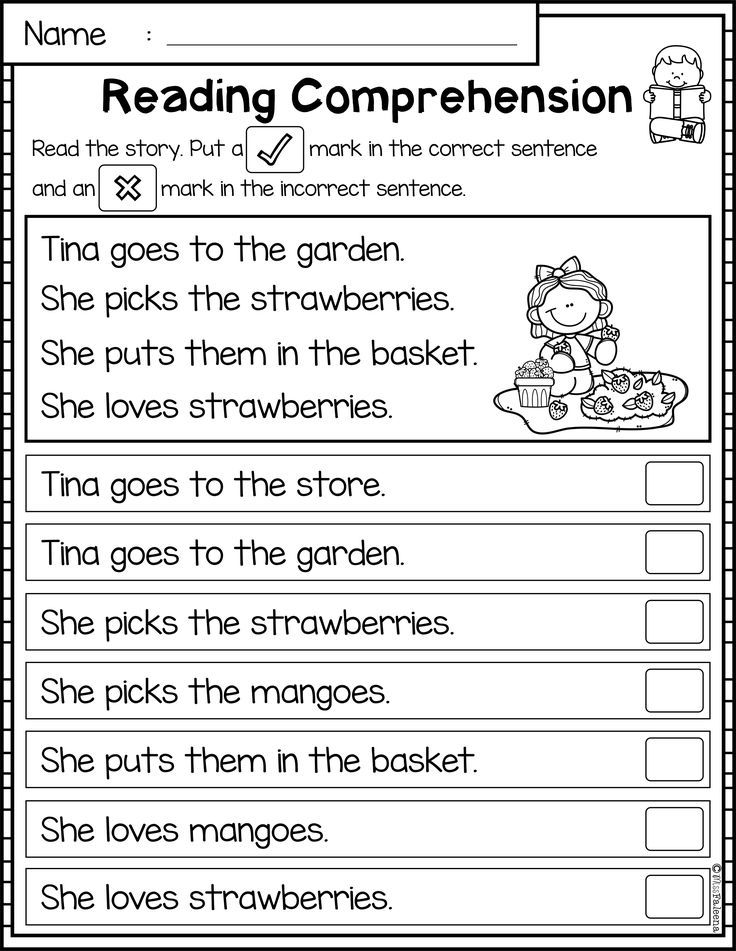 While the child is learning to read, do not chase speed - it is better to read more slowly, but thoughtfully.
While the child is learning to read, do not chase speed - it is better to read more slowly, but thoughtfully.
3. Small vocabulary. A child can read a word, but not know its meaning and lose the meaning of the entire sentence or even text. Explain to the child that he can ask adults for incomprehensible or unfamiliar words. nine0004
There are other factors that affect reading comprehension, but these are the main ones.
Games for the development of meaningful reading:
1. Puzzles of words, phrases and sentences. An adult writes a word on paper and cuts it into pieces, inviting the child to put together a “puzzle”, over time, the task becomes more complicated to sentences.
2. The word is lost: the adult reads the text and skips the words, the task of the child is to guess which words were “lost”. nine0008 3. Vocabulary expansion games: we invite the child to list as many words as possible for a hidden letter. This game is great because you can play it on the way to kindergarten or school or anywhere, because. it does not require any materials and preparation.
it does not require any materials and preparation.
4. Children's Scrabble: word building game for children, expands the child's vocabulary
5. Scrabble: from simple words to complex ones. Playing with an adult, the child not only expands vocabulary, but also improves spelling. nine0008 6. Theater based on a fairy tale read: an adult will need props, you can use ordinary toys or buy a ready-made puppet set for a certain fairy tale. The task of the child is to read the fairy tale and try to reproduce it together with the adult with the help of dolls.
What to do if the child does not understand what they read?
To begin with, the parent must clearly understand that the child is having a hard time, he does not create problems on purpose, he needs help, and adult dissatisfaction will only worsen the situation. nine0008 1. Make sure your child knows all the letters of the alphabet with confidence. Not according to the alphabet or cubes, but according to the text, where there are no pictures that can tell.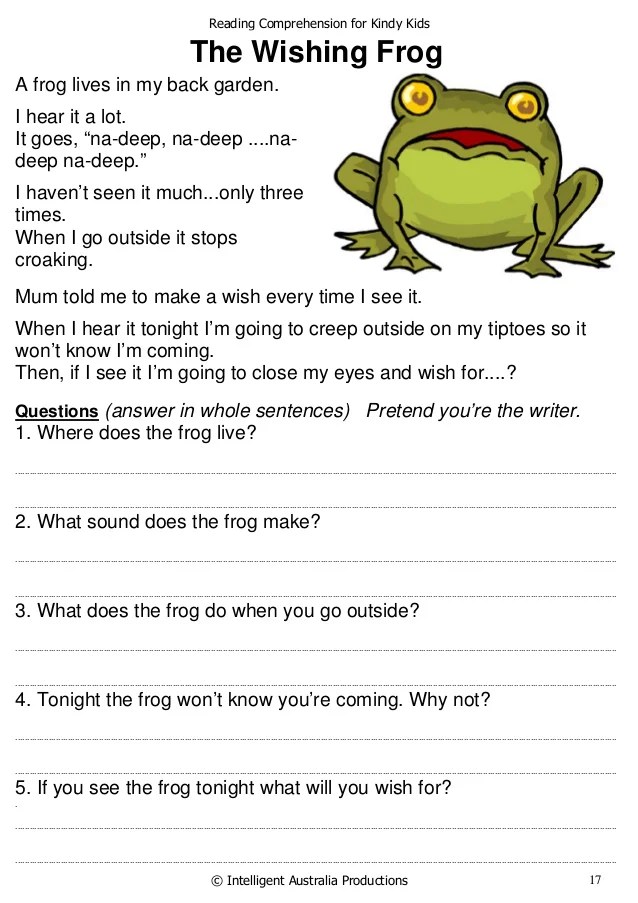
2. Do not push the child, no matter how slowly he reads. On the contrary, you can stop the child and ask him clarifying questions, especially about words and phrases, the reading of which caused difficulties.
3. After reading the text, be sure to discuss what you read, ask questions to make sure that the child understands what he read. nine0008 4. When memorizing verses, also check whether the child understands their meaning. Explain unfamiliar words if necessary.
5. Let the child read as they like: underlining the line of text with a ruler, sheet or finger. The problem that parents do not attach importance to: the line. A child can simply get lost and confused in the abundance of text, so it is important to underline the readable line.
6. Offer your child books with large text, short phrases, and an interesting plot. nine0008 7. A child who does not understand what they read is vulnerable at school in the classroom. Review the task for the next day, sort out what will be incomprehensible - so the child will feel more confident.
8. Be sure to support the child, pay attention to even the smallest of his successes.
In any business, the main thing is practice. Perhaps success will not come immediately, but over time, with regular classes, the child will begin to understand the meaning of what he read.
On the Razumeikin website you will find lessons of different difficulty levels for developing reading skills and reading comprehension. The Learning to Read course will help your child learn to read and understand what they read. Assignments from the section "Reading" in the courses Learning for every age will help in a playful way to learn to understand the meaning of what is read. nine0004
Did you like it? Share with friends:
Online classes on the Razumeikin website:
-
develop attention, memory, thinking, speech - namely, this is the basis for successful schooling;
-
help to learn letters and numbers, learn to read, count, solve examples and problems, get acquainted with the basics of the world around; nine0004
-
provide quality preparation of the child for school;
-
allow primary school students to master and consolidate the most important and complex topics of the school curriculum;
-
broaden the horizons of children and in an accessible form introduce them to the basics of various sciences (biology, geography, physics, chemistry).
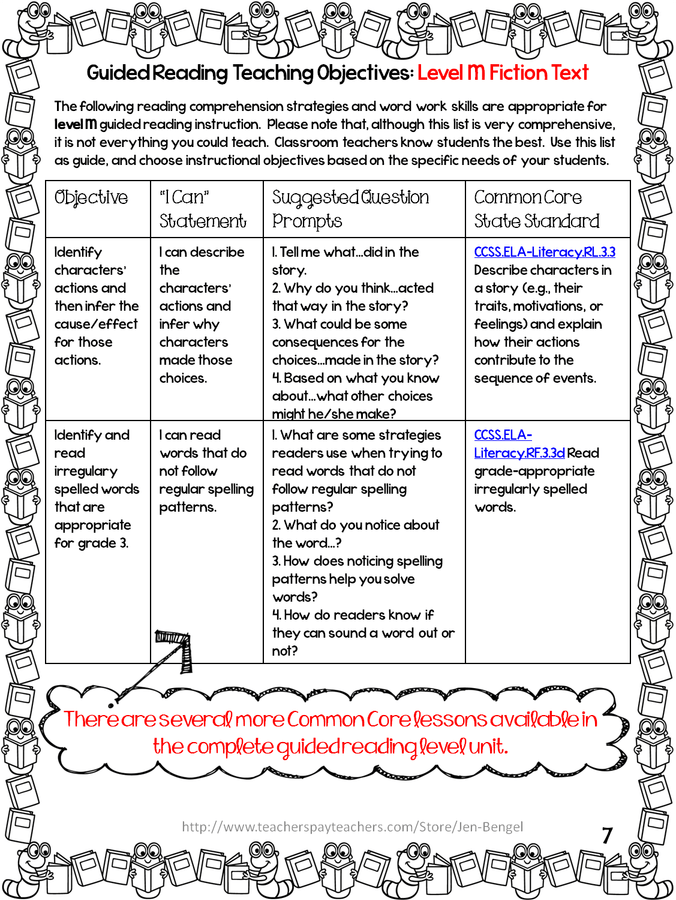
How to teach a child to understand and remember the read text? nine0001
You spend a lot of time helping your child learn to read. You try to be patient and not rush him. He reads and rereads the same paragraph, but he never “understands” it. Why is it so difficult for a child to understand what he reads?
It's great that you support your child's reading endeavors. Your disappointment is understandable, you have spent a lot of time and effort on teaching your child, but at the same time you do not see much improvement. Rest assured, you have already done a lot just by showing your child how much you care about him. nine0004
The ability to make sense of sentences and paragraphs involves a complex combination of many skills and abilities. In order to provide a child with the right support in reading, it is necessary to understand the nature of his difficulties.
The process of decoding and word recognition
The process of decoding is the transformation of a graphic model of a word into an oral language form.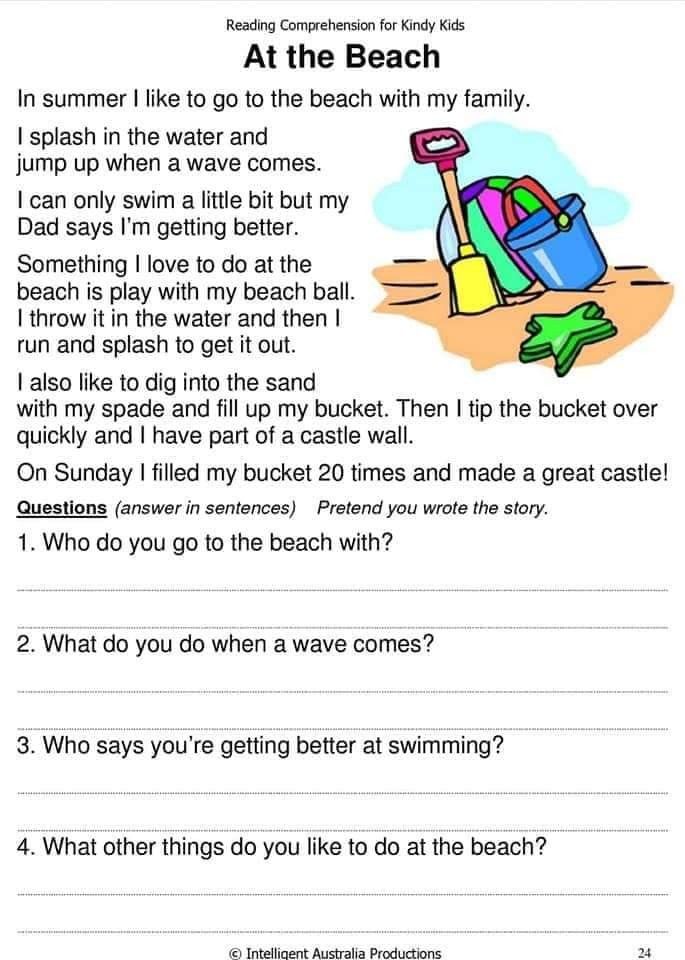 The ability to match the written and sound designation of a word is an important step in learning to read. Decoding is the foundation on which all learning to read is built. nine0004
The ability to match the written and sound designation of a word is an important step in learning to read. Decoding is the foundation on which all learning to read is built. nine0004
If your child gets lost in the decoding process, they will have difficulty reading comprehension. To develop your decoding skills at home, take classes in the new Fast ForWord Foundations correctional online program. Decoding is a very important process - the more words a child can automatically recognize at a glance (without having to pronounce each letter or syllable), the faster he will be able to read.
Reading fluency
Why does fluent reading matter? If a child reads each word syllable by syllable, it takes him a long time to read the whole sentence. This makes it difficult to memorize all the words in a sentence and understand how they fit together. nine0004
One way to learn to quickly recognize a word is to read it out loud several times. This is why reading the same passage repeatedly can help a child learn to read fluently.
Reading comprehension level
Even if your child is a good reader, he may be reading books that are well above his current level of comprehension. The most important thing is that the child can not only read the text, but also comprehend it. Sometimes teachers evaluate reading skills - how well a student can read and understand a text. These grades also reflect important information - whether the student needs help. nine0004
Talk to the teacher about your child's reading skills. You can ask the teacher to recommend books for home reading that are appropriate for your child's reading level. You can also choose books by yourself. For example, when choosing a book, ask your child to read a few pages and talk about what they just read. The book is suitable if the child really understands what they read.
Attention Concentration
Difficulty concentrating is another reason your child may have reading comprehension problems. Reading comprehension also depends on the ability to ignore distractions. nine0004
If your child has difficulty concentrating, it may be due to an executive function disorder, an auditory processing disorder, or ADD/ADHD. These impairments can affect his ability to understand and retain information in working memory.
You can help your child to reduce the load, for example, teach him to break reading tasks into small parts, take notes, highlight important information.
Comprehension skills and strategies
Reading is thinking. And the way we think is the basis for improving comprehension while reading. To improve text comprehension, sometimes we need to consciously stop while reading and analyze our ideas and thoughts related to what we have read.
And the way we think is the basis for improving comprehension while reading. To improve text comprehension, sometimes we need to consciously stop while reading and analyze our ideas and thoughts related to what we have read.
You can teach your child to be an active reader. Encourage him to voice all his thoughts and doubts, ask questions as he reads, read aloud one paragraph at a time and discuss what he read. nine0008 Point out to him that experienced readers also monitor how well they understand what they are reading and reread confusing parts of the text. Learn to look for contextual clues around a sentence or phrase, such as pictures or words in adjacent sentences, can help your child understand the meaning of words they don't understand. Help your child learn these strategies by example.
Additional support
Be sure to talk to your child's teacher about additional support at school. nine0004
Remember that your continued attention and encouragement will have a long-term positive impact on your child's education.